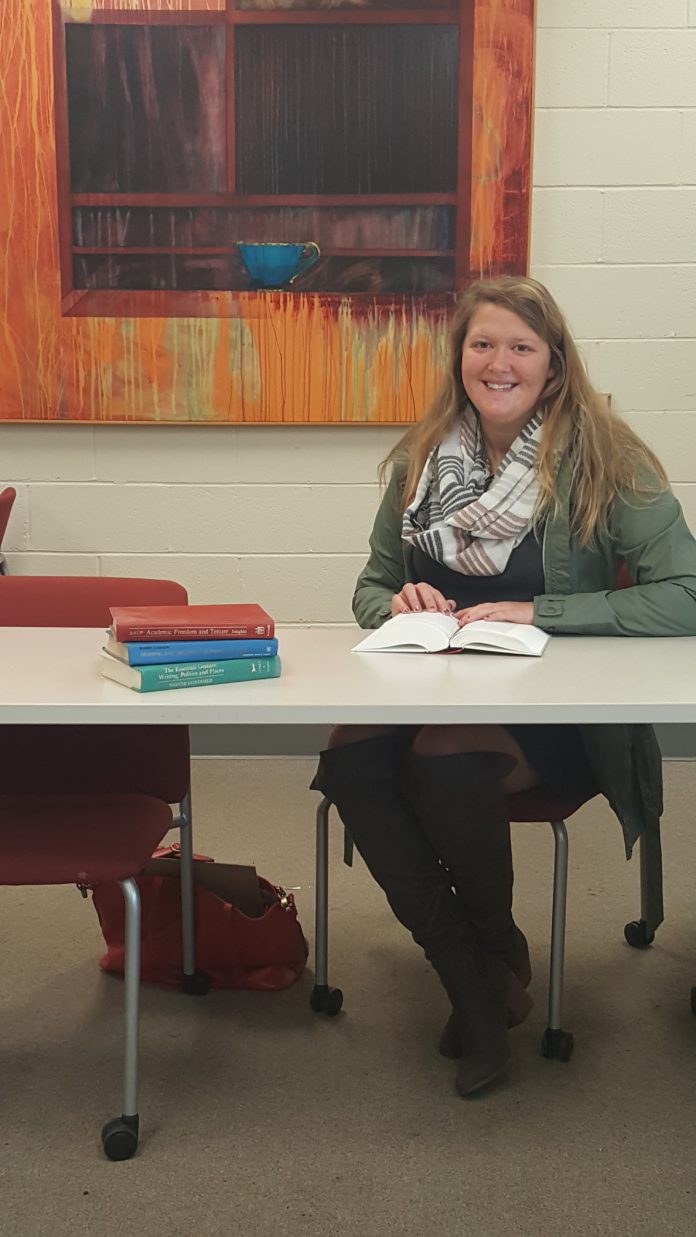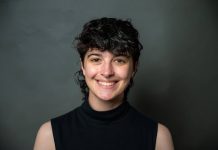What does it mean to be a Transylvania Pioneer? This is a question that The Rambler is going to explore and attempt to answer through looking at specific and unique aspects of Transylvania life and explain what they are and what they mean to the campus. This will not only explain the campus culture for audiences outside of Transy, but also capture campus life in this specific moment in Transy history. #thisistransy
Since its addition to Transylvania curriculum, the major Philosophy, Politics, and Economics, also known as PPE, has been of increased interest for students. There are a variety of reasons students choose particular majors, whether it be to fulfill a passion or to get a job upon graduation, or both.
For senior PPE and Spanish double major Julia Johnson, it was the latter.
“I’ve always been interested in Political Science, and I knew that that was a major. I’ve also always been interested in Law School. I knew that a lot of people going to Law School would also have a Political Science background. When I heard about this new major… I just thought that sense it’s so new it would separate me or make me stand out a little more when it came time to apply to Law School.”
Johnson, who has recently completed the Law School application process, says she is confident in the skills developed through the PPE major in gaining her acceptance into her desired programs.
Besides critical writing and critical reading, Johnson emphasizes interdisciplinary connections.
“Being able to connect those three areas and allow each of them to influence how you see the other is another skill I’ve gained,” says Johnson.
With a goal of practicing Civil or Immigration Law, Johnson felt she benefited from the internship requirement that accompanies the major. Her work with Legal Aid of the Bluegrass influenced her desire to become an Immigration attorney.
“That’s what solidified me wanting to do Immigration Law,” says Johnson.
Professor of Philosophy and PPE program director Dr. Peter Fosl expressed his satisfaction with the major via phone interview, demonstrating how the internship requirement associated with the major makes the major unique.
“They try to apply theory to practice,” says Fosl. Students have occupied a variety of venues to carry out their internships. According to Fosl, these include, but are not limited to, the Kentucky Supreme Court, pro-life groups, law firms, and immigration groups.
The program’s success is, in part, a result of dedication. Since 1998, Fosl has advocated for the major being available to Transy students. Fosl has been so adamant about the major because of its close relation to the liberal arts.
“The most appealing thing is it enacts the ideals of the liberal arts and interdisciplinary studies to prepare students to engage in matters of law, politics, and society generally,” states Fosl.
Fosl attributes Transy’s acceptance of the program to former Vice President and Dean of the college Dr. William Pollard, who stepped down from his position in 2012, the same year the PPE major became a fixture in Transylvania’s curriculum.
Another unique characteristic of the PPE major is how it, “approach[es] PPE topics, not simply as through the disciplines of Philosophy, Political Science and Economics, but we include courses that appear in other majors that have strong PPE content,” says Fosl.
These classes include those within Sociology, Women’s, Gender, and Sexuality Studies, and Fine Arts classes, according to Fosl.
“There is a strong value in interdisciplinary learning,” says Fosl. “When we decide what course will count to the major, we consider not what discipline they are in, but the content of them.”
While acknowledging their usefulness in providing diverse perspectives, Fosl addresses the stumbling block of disciplines in stating, “Disciplines are a marvelous and wonderful thing… but I think there may be a kind of understanding, insight, a kind of cognition that comes with interdisciplinarity. There are different ways disciplines complement and enrich one another.”
“[PPE] is a return to a more comprehensive way of thinking,” says Fosl, emphasizing that interdisciplinary learning and thinking is nothing new. Fosl draws on examples, such as Karl Marx and Adam Smith, to recognize that they were also political and philosophical theorist.
The program has peaked the interest of many students, like Johnson, who desire an interdisciplinary learning experience that will provide them with skills for their future. It is already gaining the attention of incoming Pioneers.
As Fosl states, “The liberal arts is divided into two parts: verbal and rhetorical and quantitative and analytical. I think [PPE] brings both of those together in very powerful ways.”





